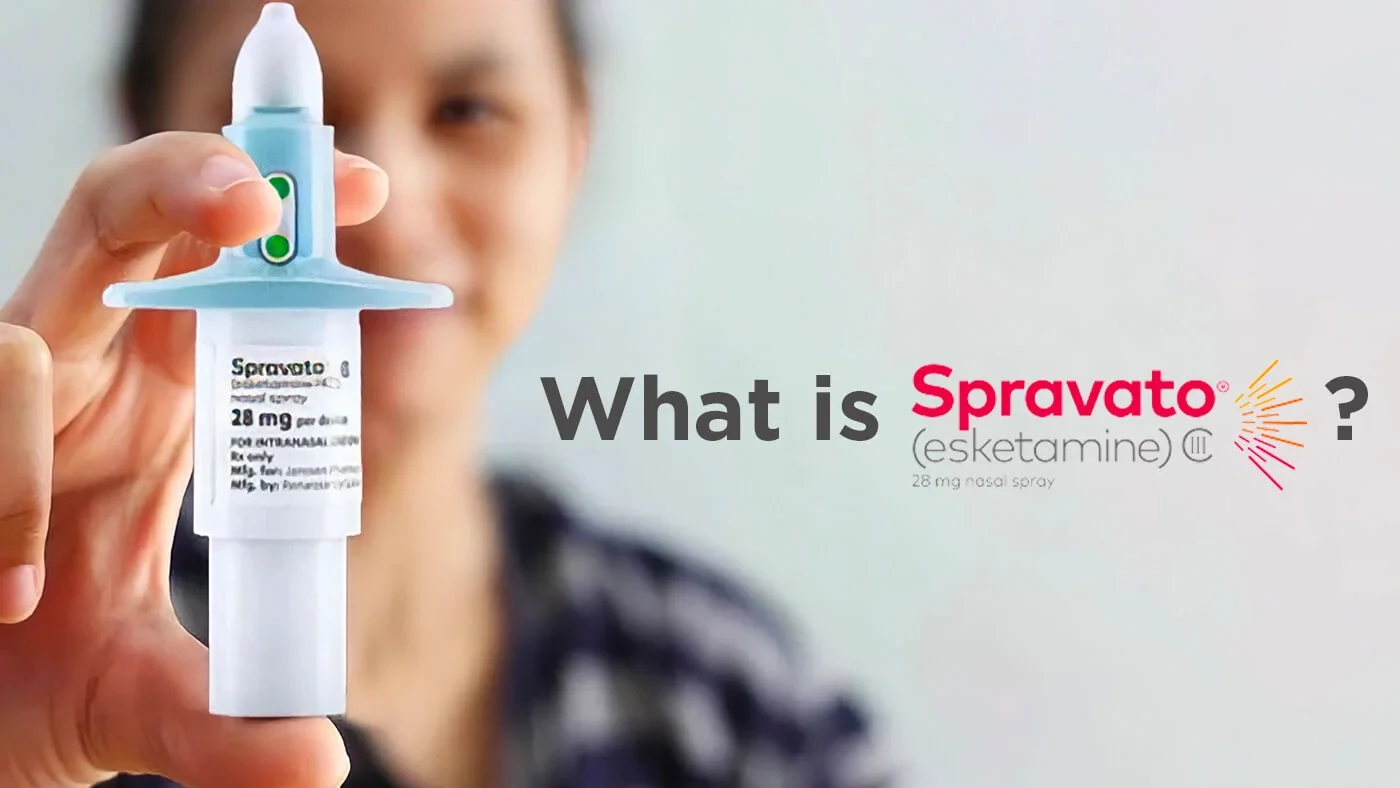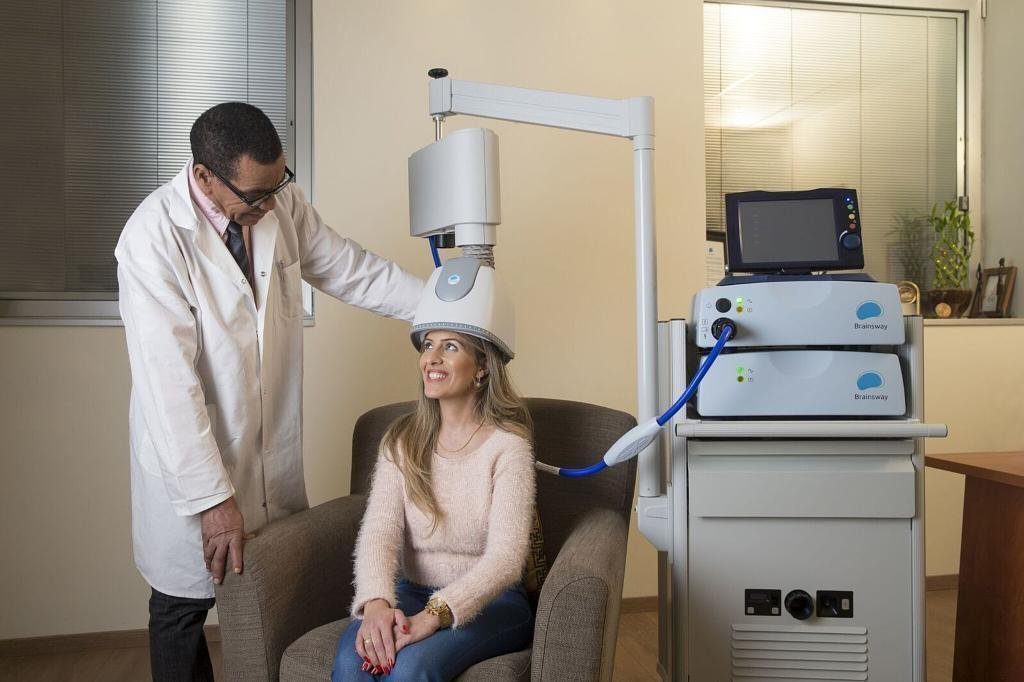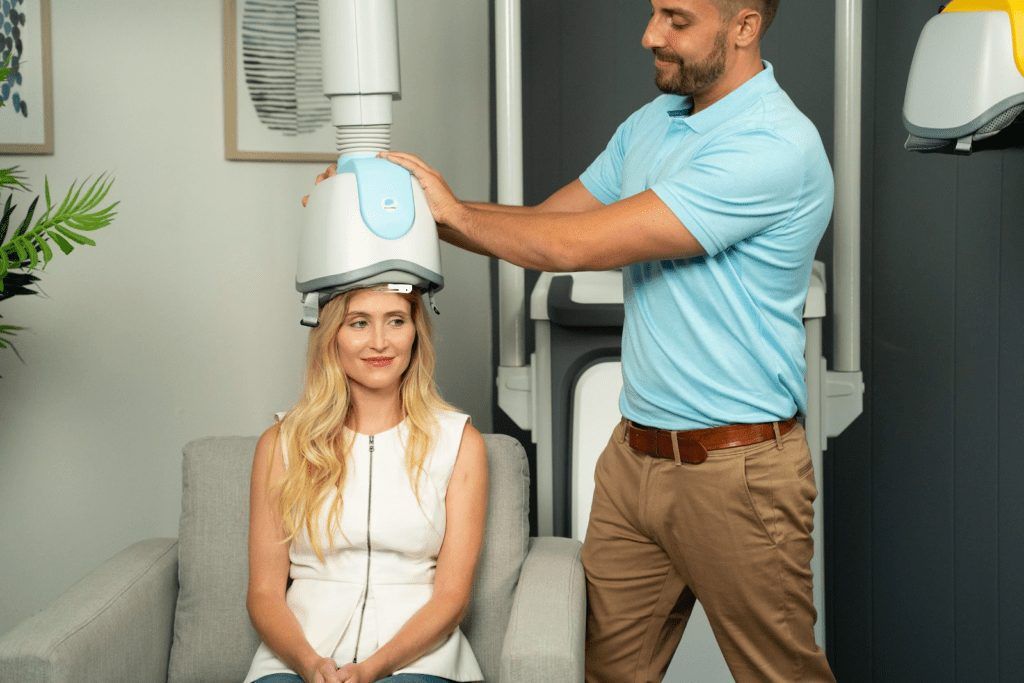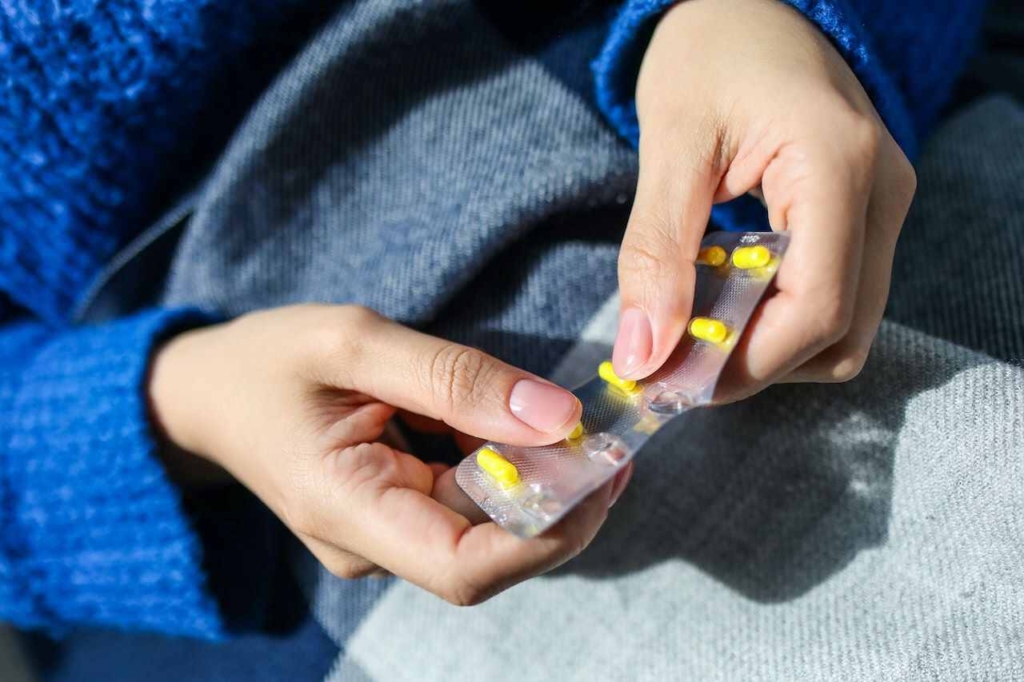
Spravato offers hope for treating psychiatric disorders with treatment-resistant symptoms.
Spravato, commonly known as esketamine, is a nasal spray medicine used to treat depression after standard treatments such as antidepressants have failed. It is a recent therapy approach that has demonstrated encouraging benefits in patients experiencing treatment-resistant depression.
Spravato therapy has the advantage of being administered in an outpatient setting, making it more accessible and convenient for patients. The therapy consists of a series of treatments spread out over several weeks, with each treatment lasting about two hours.
Patients will be given an esketamine nasal spray under medical supervision during the treatment. The medicine works by inhibiting particular receptors in the brain related with depression, hence alleviating symptoms.

While Spravato therapy may be beneficial for some patients, it should be noted that it is not a cure for depression. To provide comprehensive care, it is usually used in conjunction with other therapies such as counseling and medication management.
Spravato treatment, like any medicine, has potential adverse effects such as dizziness, nausea, and dissociation. However, before beginning treatment, the risks and benefits of the treatment will be thoroughly discussed with the patient.
If you are suffering from treatment-resistant depression, you should discuss the possibility of Spravato therapy with your doctor. As with any treatment, working with a licensed healthcare professional to determine the best course of action for your specific needs is critical.
Watch videos on how Spravato changes lives below:
https://www.youtube.com/embed/MHR79sL4bYc?feature=oembedSpravato information
https://www.youtube.com/embed/zEbdOTXoJzo?feature=oembedSpravato praised as effective treatment for depression
https://www.youtube.com/embed/7Ge1-nzXWwY?feature=oembedIntranasal esketamine treatment using Spravato® for treating severe, chronic depression














